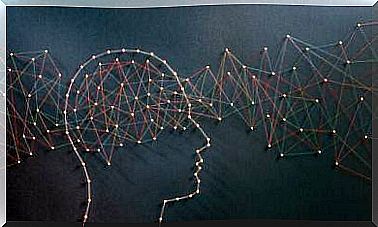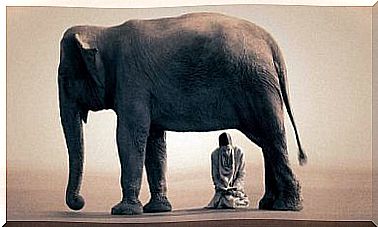Welcome To The Future: Quantum Computing
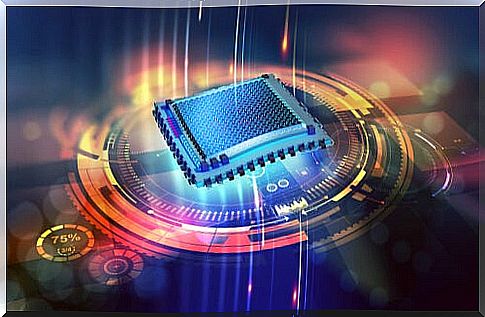
Technological transformation has created a world that moves at high speed. A world in which digital literacy is already understood as a necessary area to address economic and social development gaps. In short, we live in a society in which technological advances are key to progress.
Today, practically everything a computer does is based on the binary system, that is, series of zeros and ones. However, these digits cannot be combined to store or process information.
Based on this idea, many scientists have long been trying to make the next leap: quantum computing. It is said that in the coming years we will go from living in the digital age to living in the quantum age, a technological wave capable of transforming all existing models.
In this article, we will analyze what this concept is and the advantages that this technology with great disruptive potential that would end the technological era would have.
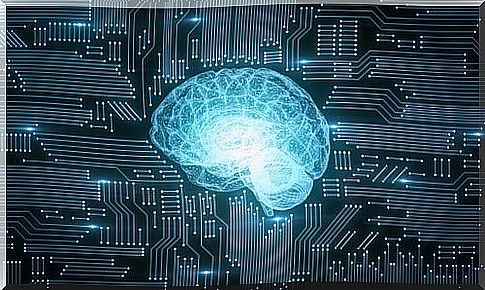
Basic concepts to understand the concept
Throughout history, the human being has studied the functioning of nature through science, thus developing new technologies. At the beginning of the 20th century, the study of certain physical phenomena led to the creation of quantum mechanics, which explains how the microscopic world works.
Thanks to these advances, it was discovered that the microscopic world works counterintuitively. That is, it is a world in which events are completely different from those that occur in the macroscopic world. Of these events we highlight:
- The quantum superposition. Process that describes how a particle has the ability to be in several states at the same time.
- Quantum entanglement. Two separate particles can be related in such a way that, as they interact, the other finds out.
- Quantum teleportation. It uses quantum entanglement to be able to send information from one place to another, without having to move.
Quantum technologies would be based on these quantum principles presented by the subatomic nature. In this way, understanding the microscopic world allows us to design technologies that will be able to improve people’s lives.
What is quantum computing?
As we have already mentioned , classical computing works in binary language. Every time we interact with a device, strings of zeros and ones are created, modified or destroyed within the computer: the bits.
Quantum computing uses the qubit as the fundamental unit of information . The qubits , unlike bits, may be in any intermediate states between infinite 0 and 1. This phenomenon is known as quantum superposition.
Thus, we must emphasize that this system change would not make quantum computers do the same as current ones, but faster, but rather that these algorithms allow operations to be carried out in a totally different way. For example, a quantum computer could break all the cryptography used today.
Why is quantum computing important?
There are already some technologies that use quantum phenomena, such as laser or magnetic resonance imaging. Further advances in this technology will have a transversal influence in practically all sectors. For example, quantum computing will threaten the authentication, exchange and secure storage of data, having a very relevant impact on cybersecurity or the blockchain.
However, it could also boost artificial intelligence, provide greater secrecy in military communications, or allow submarines to navigate without relying on satellite signals. The chemical industry could use this technology to design new drugs and materials, as well as to simulate reactions of physical components. The logistics sector could improve the distribution of goods.
Thus, if the promise of quantum computers materializes, we will be the first generation to experience an unprecedented leap in computing power. For now, there is a large investment in labs.
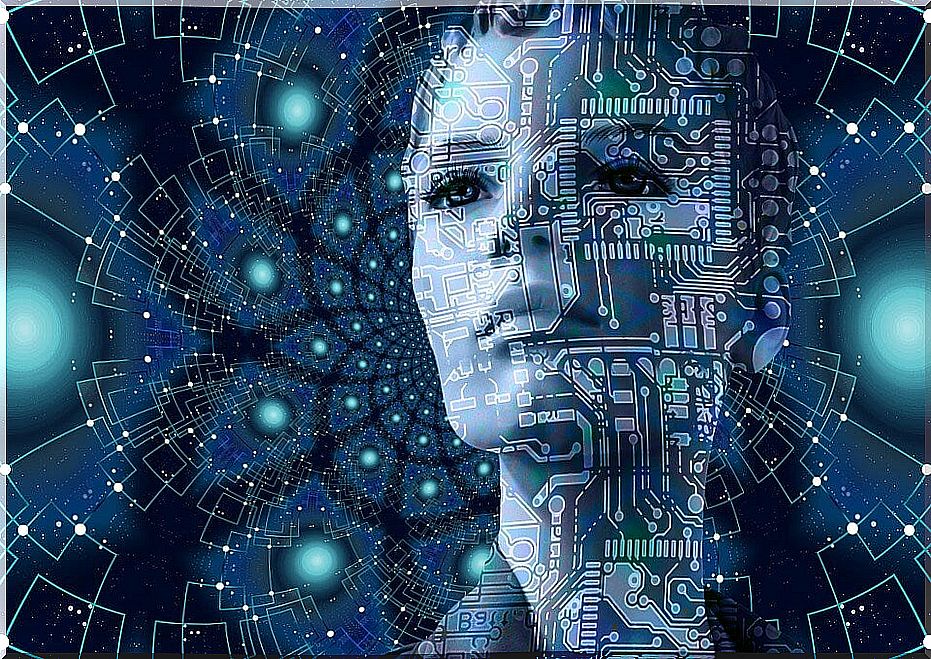
At the governmental level there is a lot of interest; In 2017, the United States invested $241 million in quantum computing, and China and Europe have boosted initiatives of around $1.1 billion. It is a technological sector in which all the powers wish to be well placed.
However, quantum computers are still difficult to build, house, and program. Although there are several models of quantum computers on the market, none has yet been developed that surpasses classical computers. In this way, the struggle for the “quantum advantage” is still going on.


